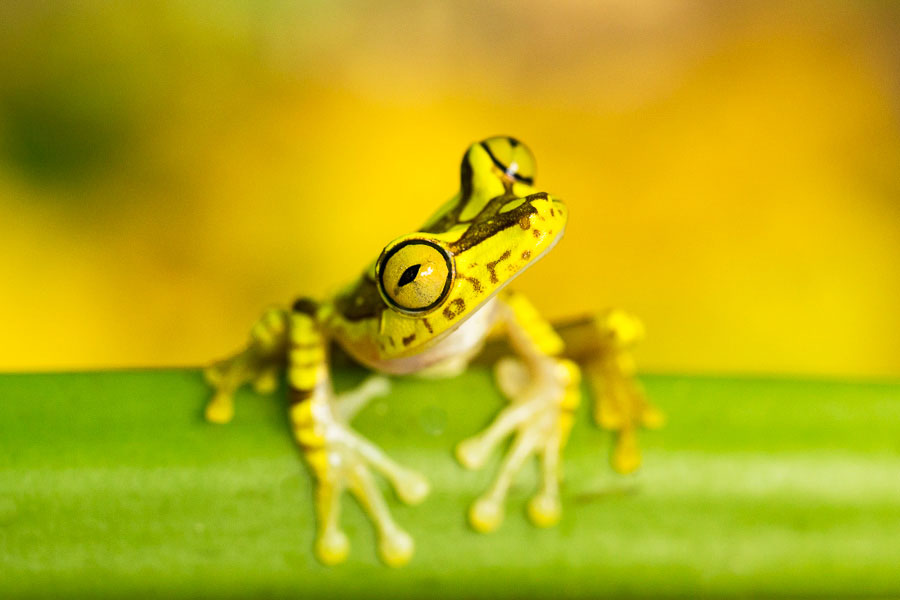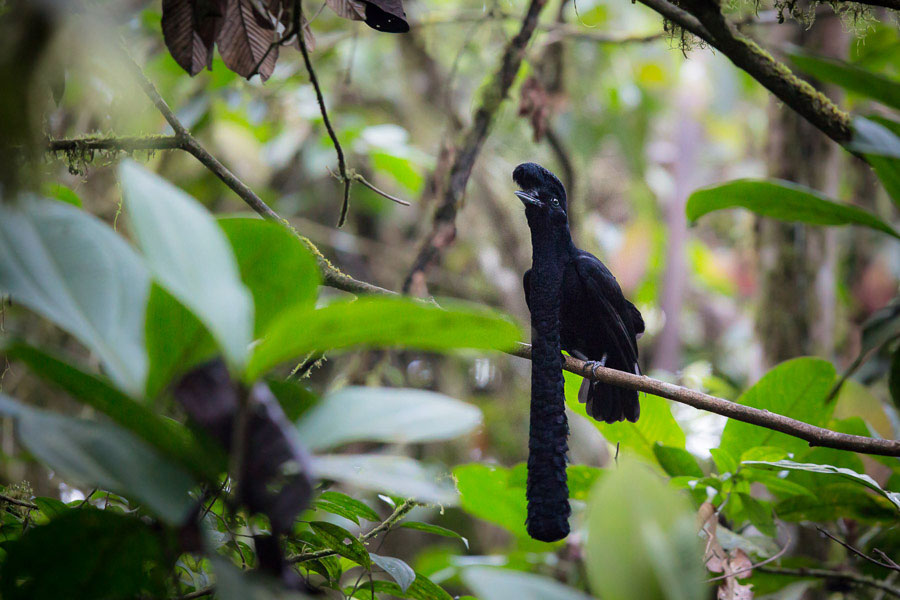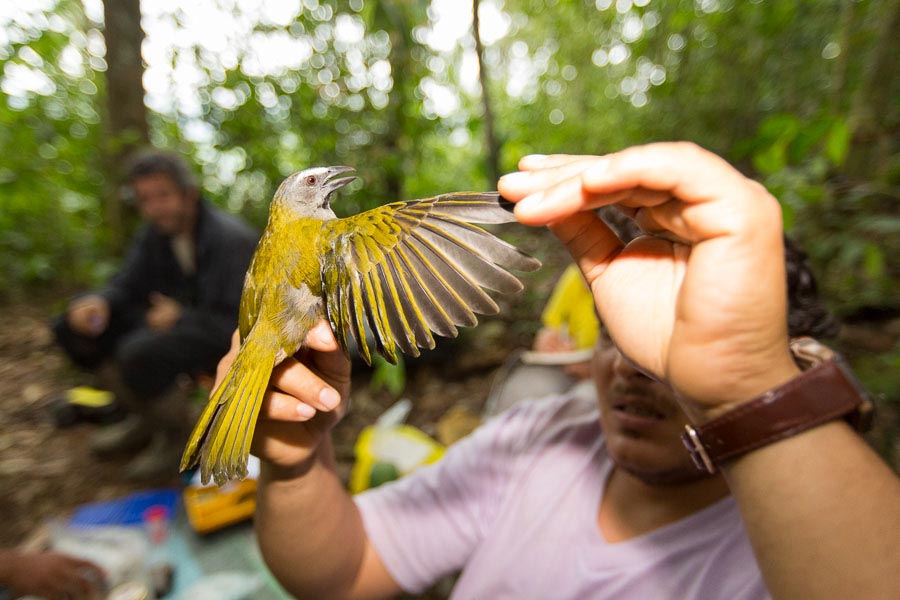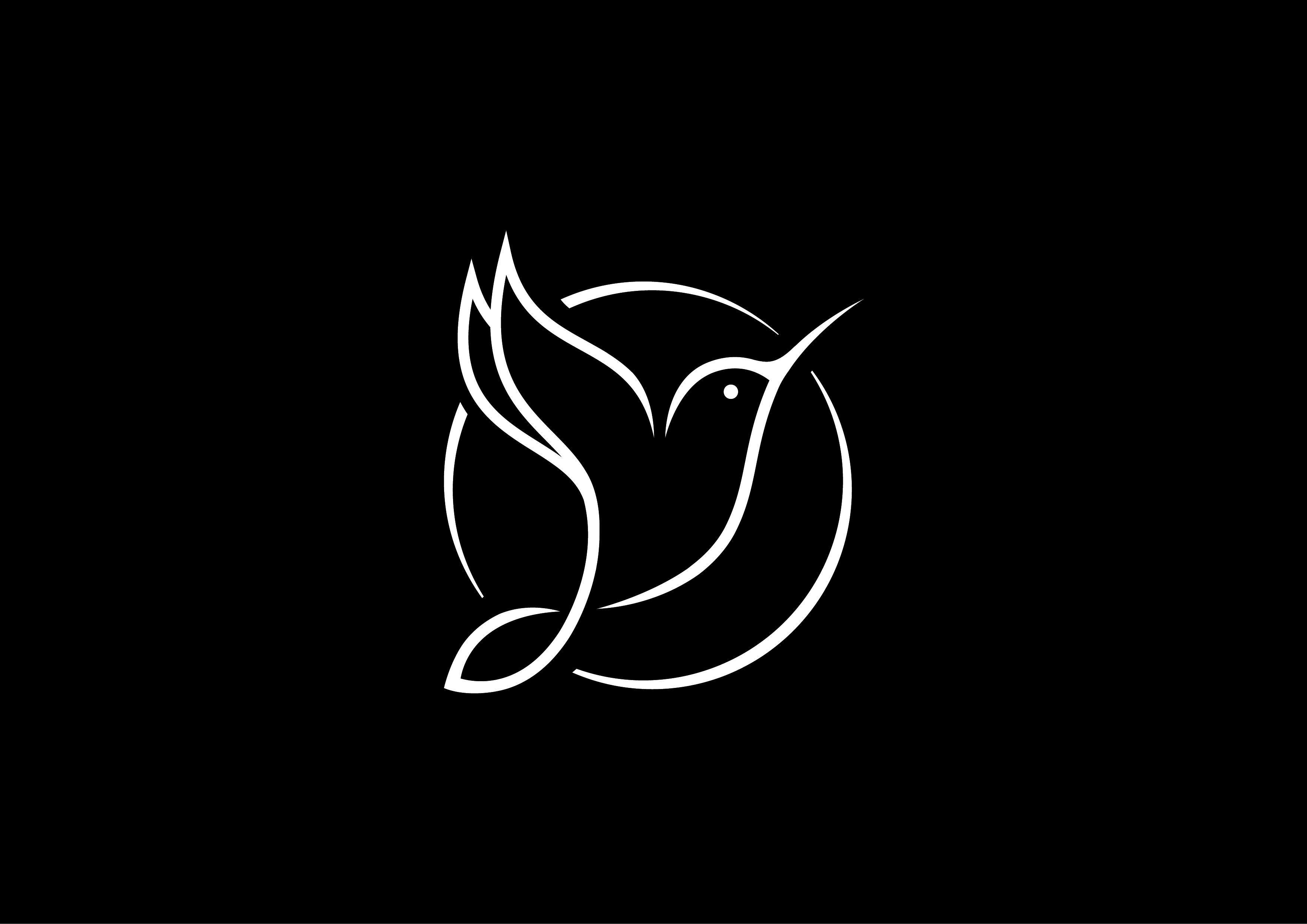Save the Chocó-Darién
rainforest in Ecuador
The Chocó-Darién is the only humid tropical forest on the Pacific side of South America, stretching from southern Panama to the north of the equator. It is one of the largest "hot spots" of biodiversity on the planet, many species of plants or animals live only here. Here I suggest you follow the work of an NGO that is fighting to protect this unique forest jewel in the world.
Maxime Aliaga
A biodiversity "hot spot"
A "hot spot" of biodiversity is a natural area very rich in endemic species which has undergone a strong destruction of its original habitat. In other words, it is an area rich in unique animals that is endangered. Indeed, the forests of Chocó-Darién are home to a large number of species that are not found anywhere else, and human pressure has seriously undermined this ecosystem, so special and important to the planet. It is therefore necessary to preserve this natural jewel of vital importance for the planet.


Deforestation and fragmentation is the main issue of this zone. In fact, only 5% to 10% of the original forest remains. The area, despite being classified as a protected natural area, is inhabited by many communities. Illegal wood cutting, palm oil planting and poaching are all factors that have affected this territory. The forest fragments into small pieces, completely changing the game in ecosystems frequented by animals trying to adapt.
An Ecuadorian NGO: Foundation for the Conservation of Tropical Andes (FCAT) has been fighting since 2012 to protect this forest. Its purpose is to protect local flora and fauna within the Chindul Mache Reserve in the Chocó region of north-western Ecuador. Through its outreach and it work with the local communities, it has been able to involve them in the preservation of their natural environment.
In addition to its actions with local communities, FCAT works in partnership with the University of Tulane (Louisiana, USA) to scientifically study the biodiversity of this area. A multidisciplinary team of foreign scientists and local assistants, therefore, study various animal communities, such as birds, amphibians, or insects to assess the impact of forest fragmentation on wildlife.

Monica Gonzalez, an Ecuadorian biologist, leads the NGO with an overflowing energy and an ever-growing passion. His unalterable dedication and motivation helped improve the living conditions of communities by preserving their natural environments. She was recognized internationally for her commitment, including the Whitley Found for Nature (2014) and the National Geographic Buffet Award (2015), both of which recognize the best conservation projects in the world.



